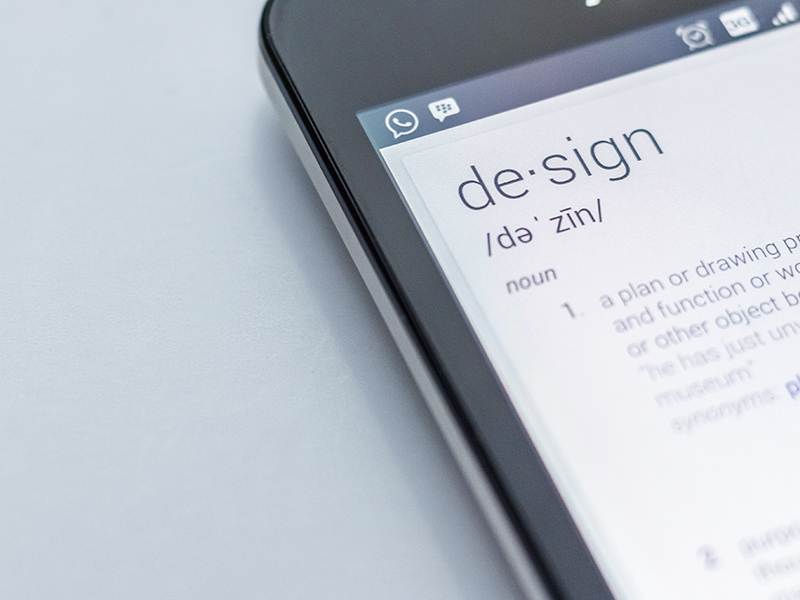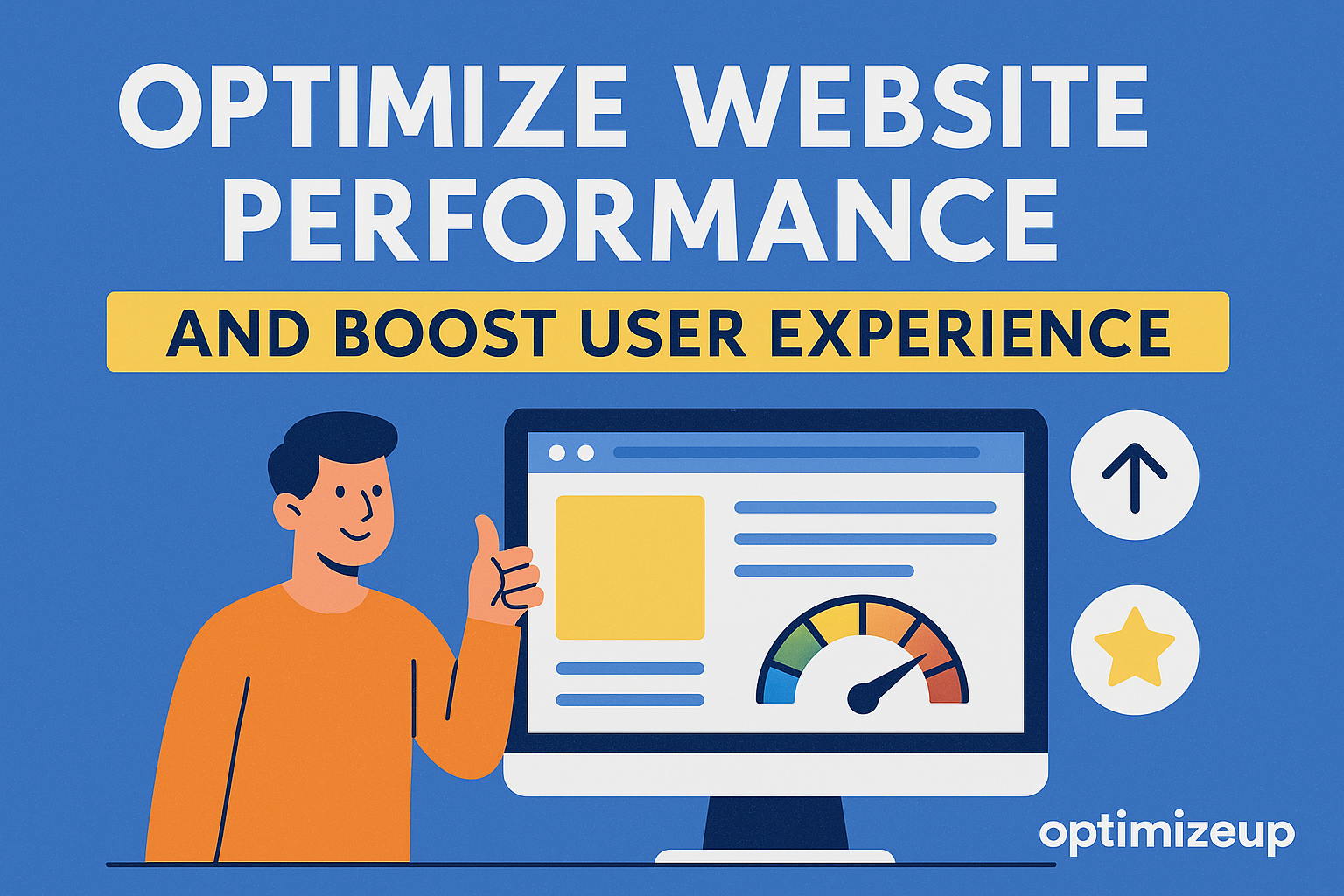Wondering what it will cost you to get that new website up and going?
The cost of creating a new website can vary widely depending on several factors such as the size and complexity of the website, the level of customization required, and the expertise of the web design team. However, here are some general cost estimates for creating a new website:
- Basic websites: A basic website with a few pages and simple functionality, such as a simple blog or personal portfolio, can cost anywhere from $500 to $5,000.
- Medium-sized websites: A medium-sized website with more pages, more complex functionality, and some customization, such as an e-commerce site, can cost anywhere from $5,000 to $25,000.
- Large and complex websites: A large and complex website with many pages, extensive customization, and advanced functionality, such as a social network or enterprise-level web application, can cost anywhere from $25,000 to $100,000 or more.
It’s important to note that these cost estimates are only general guidelines, and the actual cost of creating a website can depend on many factors. The cost can also be affected by ongoing maintenance, updates, and optimization. It’s important to work closely with your web design team to establish a budget and ensure that the project stays on track and within budget.
What determines the price you will pay for a new website to be created?
The price of website design can be influenced by various factors, such as:
Size and complexity of the website: Larger and more complex websites with more pages and functionality require more time and effort to design and develop, which can increase the cost.
Level of customization: Customized designs and functionality require more time and effort to create, which can increase the cost.
Design requirements: High-quality custom designs, graphics, and animations can increase the cost.
Development requirements: Additional development work such as integrating third-party systems, creating custom plugins or functionality, or complex database integration can increase the cost.
Content creation: Creating high-quality content for the website, such as copywriting, photography, or video production can increase the cost.
Responsive design: Creating a responsive design that adjusts to different screen sizes and devices can increase the cost.
SEO considerations: Ensuring that the website is optimized for search engines can require additional time and effort, which can increase the cost.
E-commerce functionality: Adding e-commerce functionality to a website requires additional design, development, and testing, which can increase the cost.
Experience and expertise of the web design team: Experienced and highly skilled web design teams may charge more than less experienced teams.
It’s important to discuss these factors with your web design team to get a clear understanding of the costs involved and establish a budget for your project.

How do you choose a company to create your website?

Choosing a website design company can be a difficult decision, but there are several factors that you should consider to help you make an informed choice. Here are some tips to help you choose a website design company:
Portfolio: Look at the company’s portfolio to see if they have experience designing websites in your industry or niche. Check the quality of their designs and see if they match your aesthetic preferences.
Reputation: Research the company’s reputation by reading reviews and testimonials from previous clients. Look for companies with positive reviews and a history of delivering quality work on time and within budget.
Pricing: Ask for a detailed quote from the company and compare it with other web design companies to see if their pricing is competitive. Make sure to ask about any additional costs or fees that may be added later on.
Communication: Choose a company that communicates well and is responsive to your needs. Look for companies that are easy to reach and that provide clear and prompt responses to your questions and concerns.
Expertise: Choose a company that has expertise in the latest web design trends, technologies, and best practices. Ask about the company’s design process, testing procedures, and optimization strategies to ensure that they are up-to-date and knowledgeable.
Additional Services: Look for companies that offer additional services such as web development, search engine optimization, content creation, and digital marketing. This will ensure that your website is not only well-designed but also optimized for search engines and user engagement.
In summary, choosing a website design company requires careful consideration of factors such as portfolio, reputation, pricing, communication, expertise, and additional services. By taking these factors into account, you can select a company that will deliver a high-quality website that meets your needs and goals.




